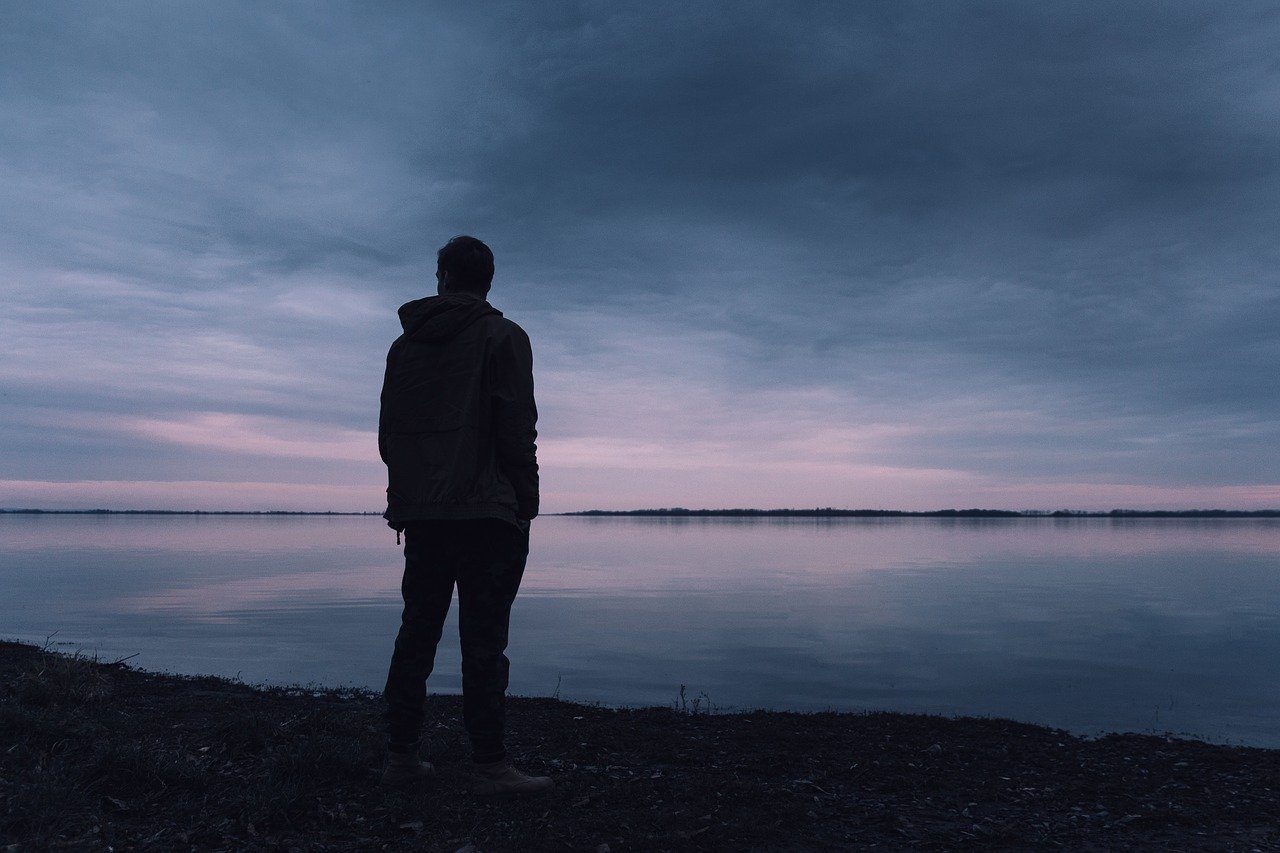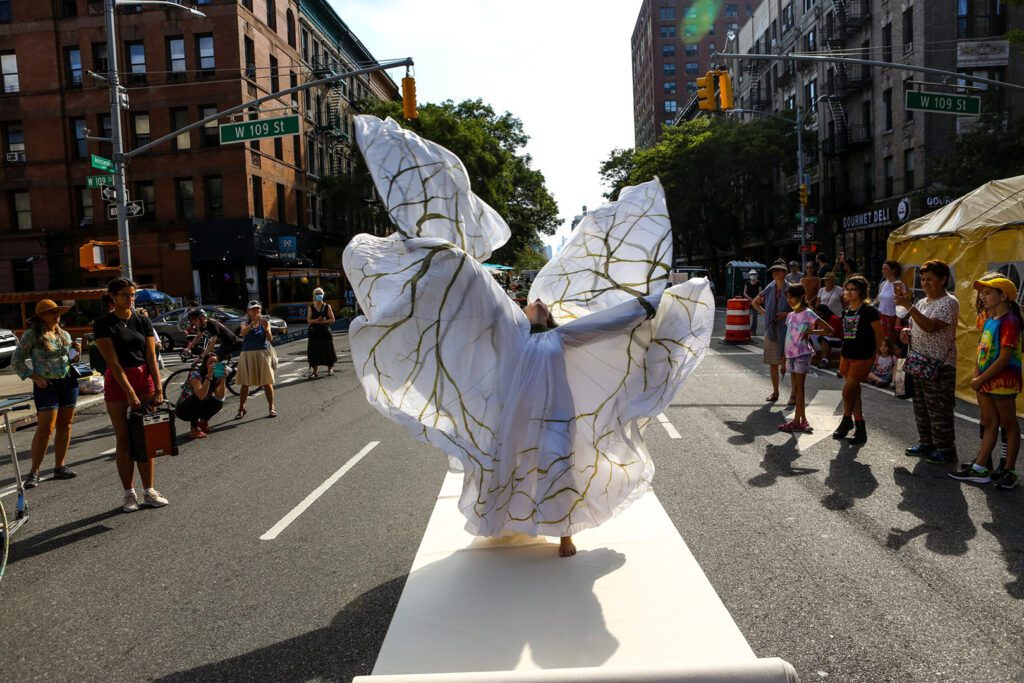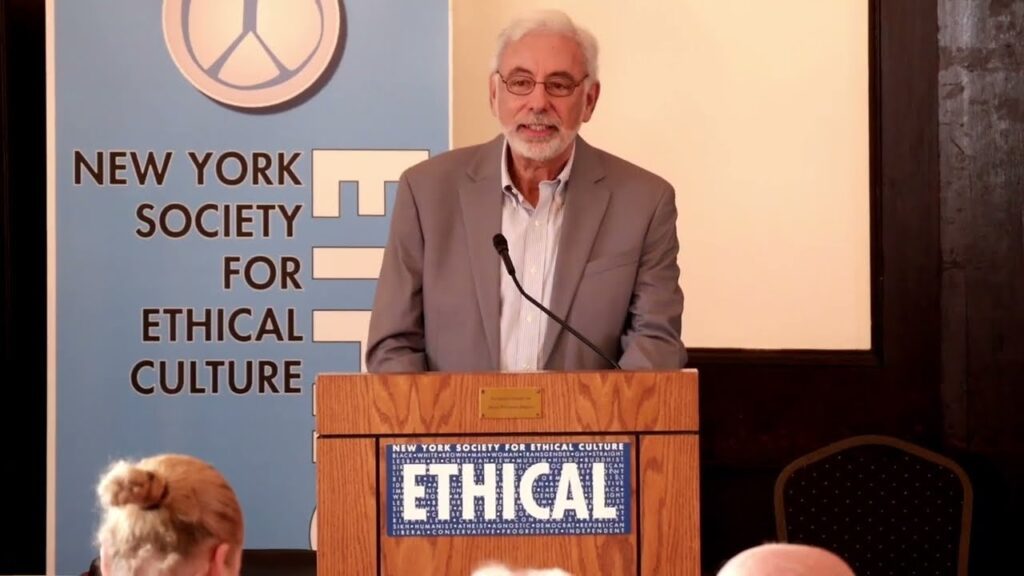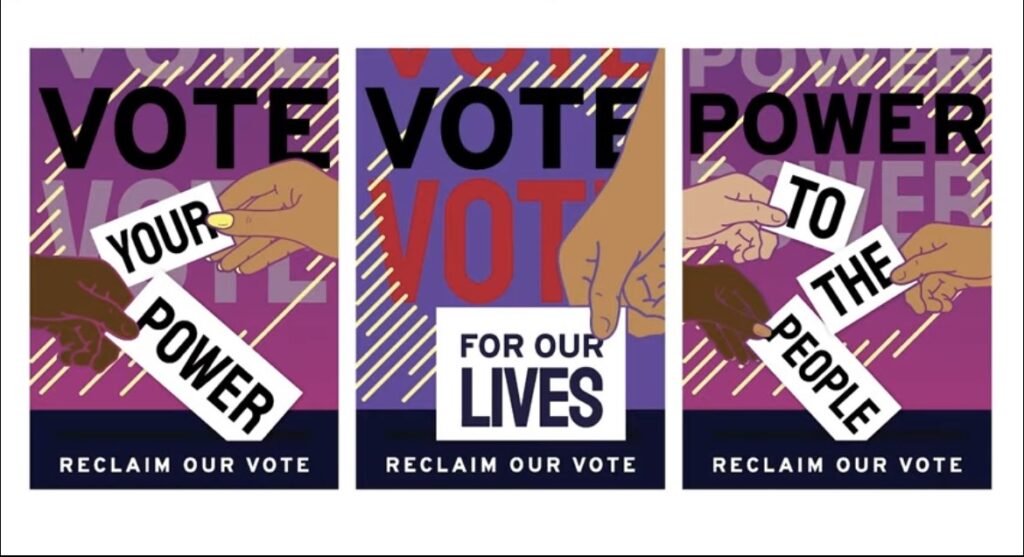
I was speaking with someone recently and she confessed that she was dealing with acute loneliness. She had been single for about a year and half and wasn’t looking for a partner– just people to hang out with. And she is a great person– and seemingly happy and successful. But she is lonely– and this was made worse by the fact that efforts to reach out to friends recently resulted in no response, or cancelled plans. She told me about how stigmatized she felt with this affliction.
She said, “I can put on my Facebook status that I have a cold and I will get lots of responses…suggestions on how to get over it sooner, drugs or homeopathic remedies to take, get well wishes…but if I were to post that I’m lonely, no one would respond. It’s like there’s shame attached to it.”
I thought about how true this was. Even depression is finally accepted as a normal life event, but loneliness?
I remembered times in my own life I had felt lonely– when I was commuting from Manhattan, KS to Topeka for my final year of high school and really felt orphaned; when I was unhappy in a relationship but didn’t have the skills to talk about it with my partner; when I felt a deep sense of otherness from the crowd I was in; when I, like my friend, had reached out to others and been turned down. And I have felt lonely since my move to New York. I left a tribe of 8-10 people, friends with whom I could share anything without fear of judgment, dear folx who have accompanied me through love, loss, and everything in between, many for more than a quarter of a century. It is hard to uproot one’s life; it takes time to have roots deepen into and embrace a new home. Fortunately, I do have friends in the city, people I have known for 30 years who happen to have landed here! But I understand the weight of loneliness.
Loneliness is different from depression, it’s a sense of being cut off from the rest of the world, or of not being noticed, of not being cared for. It can feel like we don’t matter to others.
Oftentimes, loneliness occurs when we are cut off, for whatever reason, from meaningful interactions with others. A beloved friend moves away, or we end a relationship, or a parent dies. Sometimes, as I said above, loneliness can occur when we are in the thick of relationships, but feel misunderstood, or misrepresented–an outcast, the other. Certainly, COVID has led to an increased sense of isolation for many of us who live alone or feel alone in a relationship and now don’t have the options of seeking companionship in the larger world as we once used to do.
And my friend is right– no one ever talks about loneliness. Why is there shame attached to that?
What is the stigma? That if we’re lonely it’s because no one wants to be with us? So there’s something wrong?
How can we love our lonely selves and have the courage to maintain a positive attitude and keep putting ourselves out there?
Frankly, I think it takes a lot of courage to be lonely in a social networked world with more online and f2f opportunities than ever before. It takes courage to admit that despite the glut of frenzied activities, we still feel isolated. It takes guts to keep trying to find our niche.
I felt helpless with my friend. There was no panacea I could offer to take the edge off her pain, there was no quick fix or self-help book that would make her world okay.
I could only tell her I was proud of her for continuing to try. I could only tell her she was a worthy and giving person who had much to offer. These words were cold comfort, in the face of the anguishing pain of loneliness. So I decided the one last thing I could do would be to talk about loneliness, how it impacts each of us at one time or another, how debilitating it is to our psyche. And to name what she cannot post on her Facebook page: that loneliness sucks. That we are meant to be in relationship with one another. In fact, Felix Adler was convinced that it was only in community that we could be our truest self and do the greatest good. He thought part of the role of Ethical Culture was to bring people together to share their narratives. Where have you been? What did you learn?
So, beyond words of support, what else can we do? Recently, I have started a new get together: Tuesdays with Nori. These happen twice a month. It is a hybrid meeting at 2 PM on the 2nd Tuesday of the month and a ZOOM meeting at 7 PM on the 4th Tuesday of the month. It is just an informal place of connection to ask those questions: where have you been? How have you been? What are you learning?” All are welcome. That is one antidote to loneliness.
Another is this: if a friend– particularly a friend you haven’t heard from in a while– calls you to say “Let’s get together,” then treat that as a sacred obligation to another human. It is not something to be taken lightly. Say yes– and do all you can to keep that commitment. And if you feel like you do not want to, it’s too much trouble, it’s too much work, then I invite you to remember a time when you felt lonely, unloved, unwanted. And treat your friend the way you wish someone had treated you during that time.
As Ram Dass says, “At the end of the day, we are all just walking each other home.”







